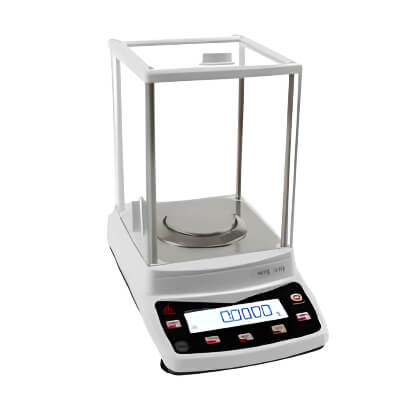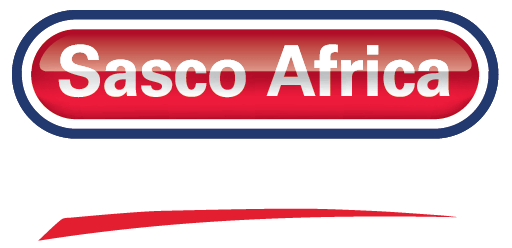
Precision instruments are at the core of many industries, from pharmaceuticals to laboratories and retail. Ensuring that these devices remain accurate and dependable is crucial for maintaining high standards in product quality and research. Over time, even minor contamination or subtle knocks can impact the reliability of these measuring tools. Implementing preventive measures and consistent upkeep can save you valuable time and resources, while also extending the lifecycle of your scale.
Whether you are operating a small business or managing a large laboratory, developing a consistent routine for caring for your equipment is paramount. By employing careful hygiene practices, correct calibration procedures, and optimal environmental conditions, you can maximize the performance and precision of your measuring device. In this article, we will provide tips on how you can protect these delicate tools and ensure they deliver accurate readings for all your weighing needs.
Understanding the Importance of Regular Cleaning
One of the most easily overlooked aspects of taking care of your measuring instruments is routine cleaning. Regular upkeep is necessary because dirt, dust, and even small particles from the air can accumulate on surfaces, which might affect the scale’s accuracy. These unwanted substances can build up quickly, especially in environments prone to high foot traffic. When left unmanaged, such accumulations can lead to reading inconsistencies and equipment malfunction.
To maintain the cleanliness of your device, it helps to establish a clear schedule. For instance, wiping surfaces with a lint-free cloth and using gentle cleaning solutions can help remove any residues that may interfere with the weighing platform. Avoid harsh chemicals or soaked wiping methods, as these can damage sensitive electronic components and protective coatings. A strict yet simple cleaning routine can drastically reduce the risk of inaccuracies.
Additionally, do not underestimate the importance of training personnel who handle the scale. Anyone who operates the device should be aware of best practices for keeping it clean and functional between uses. Make sure to store it in a dedicated, dust-free enclosure whenever it is not needed. By guiding team members to handle the equipment responsibly, you can create a culture of preventive maintenance that promotes consistently precise measurements.
Mastering Calibration Procedures for Long-Lasting Accuracy
Calibration is the backbone of accurate weight readings. Over time, even the highest-quality measuring instrument may drift from its original settings as a result of normal wear or environmental factors. To ensure that data remains trustworthy, it is essential to perform calibration at regular intervals. Frequency can vary depending on the device and usage, but for heavily used scales, examining calibration weekly or bi-weekly is a prudent approach.
Before starting, always inspect your scale for signs of physical damage or malfunction. If any part appears compromised, address the issue before proceeding with calibration. During calibration, use certified test weights that are approved for your region or follow recognized international standards. By relying on legitimate reference materials, you guarantee that any adjustments to the device are aligned with authorized benchmarks, preserving the validity of your measurements.
Modern weighing technology often offers built-in calibration features, though manual processes may still be necessary for optimal performance. Follow the manufacturer’s instructions carefully, as different models might employ unique calibration procedures. Keep a calibration log to track your equipment’s performance over time, noting any discrepancies uncovered and the dates of adjustments. This documentation is invaluable for quality control checks and for diagnosing potential issues that may arise in the future.
Creating the Ideal Environment for Consistent Results
The location of your scale substantially influences its precision. Factors such as temperature, humidity, and vibrations from nearby machinery can all introduce errors in measurement. A stable environment, free from drafts or large temperature swings, is key to achieving reproducible results. Placing the device on a sturdy, level surface helps prevent disruptions that could shift the weighing platform. Moreover, reducing exposure to direct sunlight can shield sensitive components from temperature fluctuations.
Humidity poses a particular threat to high-accuracy instruments. If moisture accumulates on or within the device, it might cause corrosion or affect electronic parts, leading to reduced reliability. Implementing climate controls, like dehumidifiers or air conditioning systems, can mitigate these risks. Additionally, sealing any open windows or doors restricts the flow of moist air. By maintaining a moderate humidity level, you reduce the likelihood of complex repairs while preserving measurement accuracy.
Vibrations are another element that should not be overlooked. Even minor shakes can throw off scale readings, especially if your setting involves delicate tasks like weighing pharmaceuticals or high-value metals. To counteract vibrations, place the unit on an anti-vibration table or use specialized mounts designed for sensitive instruments. Investing in a suitable workspace fosters consistent results, allowing you to trust your measurements for crucial business, research, or operational decisions.
In Conclusion
Regular maintenance promotes reliable readings, preserves your investment, and ensures your operation runs smoothly. By placing emphasis on cleanliness, calibration, and cultivating appropriate environmental conditions, you are setting the foundation for consistent, trustworthy measurements. Over time, these measures will save you from costly errors and unwelcome downtime.
If you are eager to explore advanced weighing systems and robust scales for your specific needs, look no further. Browse the wide collection at Sasco Africa to discover solutions that can sustain their performance and accuracy, backed by professional guidance every step of the way.


